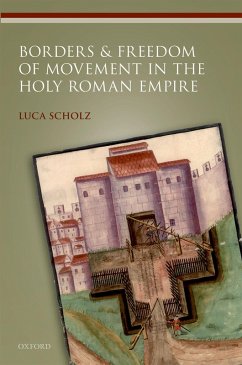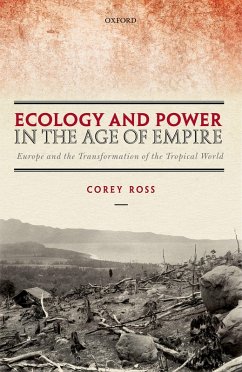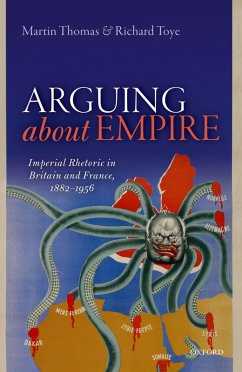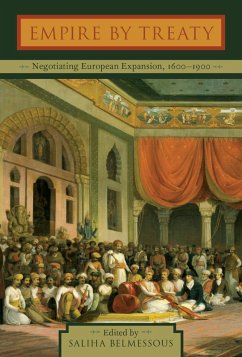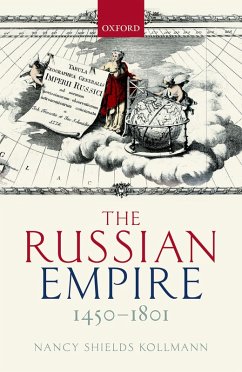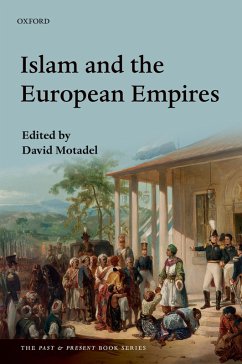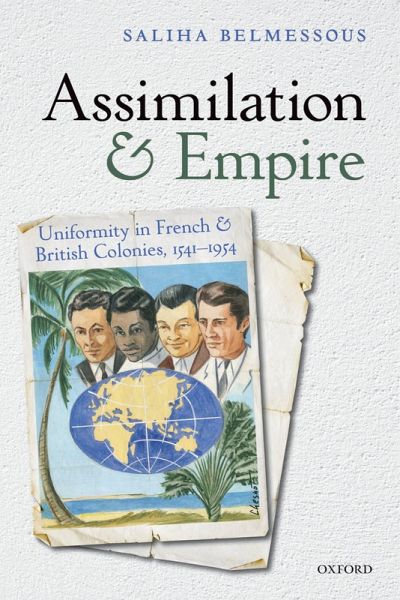
Assimilation and Empire (eBook, PDF)
Uniformity in French and British Colonies, 1541-1954
Versandkostenfrei!
Sofort per Download lieferbar
30,95 €
inkl. MwSt.
Weitere Ausgaben:

PAYBACK Punkte
15 °P sammeln!
Assimilation was an ideology central to European expansion and colonisation, an ideology which legitimised colonisation for centuries. Assimilation and Empire shows that the aspiration for assimilation was not only driven by materialistic reasons, but was also motivated by ideas. The engine of assimilation was found in the combination of two powerful ideas: the European philosophical conception of human perfectibility and the idea of the modern state. Europeans wanted to create, in their empires, political and cultural forms they valued and wanted to realise in their own societies, but which d...
Assimilation was an ideology central to European expansion and colonisation, an ideology which legitimised colonisation for centuries. Assimilation and Empire shows that the aspiration for assimilation was not only driven by materialistic reasons, but was also motivated by ideas. The engine of assimilation was found in the combination of two powerful ideas: the European philosophical conception of human perfectibility and the idea of the modern state. Europeans wanted to create, in their empires, political and cultural forms they valued and wanted to realise in their own societies, but which did not yet exist. Saliha Belmessous examines three imperial experiments - seventeenth- and eighteenth-century New France, nineteenth-century British Australia, and nineteenth and twentieth-century French Algeria - and reveals the complex inter-relationship between policies of assimilation, which were driven by a desire for perfection and universality, and the greatest challenge to those policies, discourses of race, which were based upon perceptions of difference. Neither colonised nor European peoples themselves were able to conform to the ideals given as the object of assimilation. Yet, the deep links between assimilation and empire remained because at no point since the sixteenth century has the utopian project of perfection - articulated through the progressive theory of history - been placed seriously in question. The failure of assimilation pursued through empire, for both colonised and coloniser, reveals the futility of the historical pursuit of perfection.
Dieser Download kann aus rechtlichen Gründen nur mit Rechnungsadresse in A, B, BG, CY, CZ, D, DK, EW, E, FIN, F, GR, HR, H, IRL, I, LT, L, LR, M, NL, PL, P, R, S, SLO, SK ausgeliefert werden.




